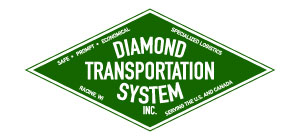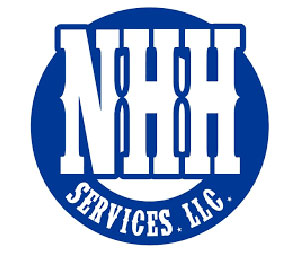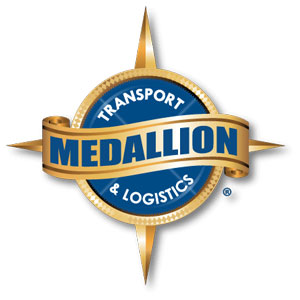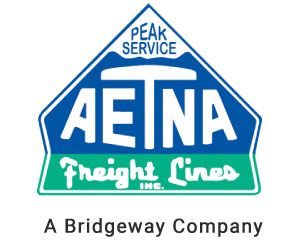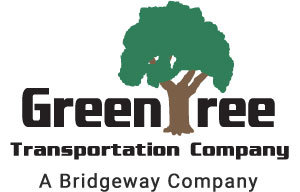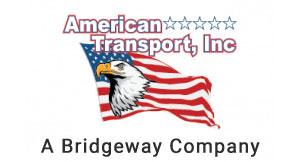How Do You Know If a Load Is Too Heavy?
When it comes to transporting freight, determining the weight and suitability of a load is essential for ensuring the safety of the transportation vehicle and complying with legal requirements. Carrying an excessively heavy load can result in various consequences, including damage to the goods, increased fuel consumption, and an even higher risk of accidents. In this blog post, we will explore the signs of an overloaded load, discuss the importance of weight limits, and provide tips for accurately determining when a load is too heavy.
Understanding Weight Limits and Legal Requirements
Transporting freight within specified weight limits is not just a practical matter but also a legal requirement. Different regions have specific regulations governing weight restrictions for various vehicle types, including trucks and trailers. These restrictions are in place to ensure road safety, prevent damage to infrastructure, and maintain fair competition among carriers.
Signs of Overloaded Loads
- Tire Stress: One of the most noticeable indicators of an overloaded load is excessive stress on the tires. Overloading causes abnormal bulges, excessive wear, or even blowouts due to the increased pressure exerted on the tires. Regularly inspect the tires before, during, and after transport to identify any signs of damage.
- Suspension Compression: Another visible sign of an overloaded load is the excessive compression of the suspension system. When a vehicle carries more weight than it can handle, the suspension will sit lower than usual, indicating potential overload. Note that modern suspension systems are designed to compress to some extent when carrying heavy loads, so knowing the vehicle’s weight limits is essential.
- Increased Braking Distances: Overloading a vehicle compromises its capacity to slow down or stop efficiently. If you notice that it’s taking longer for the vehicle to come to a complete stop or that the brakes feel less responsive, it could indicate excessive weight on the load.
- Poor Handling and Stability: When a load exceeds the vehicle’s weight limits, the balance and stability of the truck or trailer are compromised. This can lead to difficulties in steering, noticeable swaying or tilting during turns and reduced maneuverability. These signs are dangerous and require immediate attention.
Techniques for Accurate Load Weight Determination
- Use Certified Scales: The most reliable method to accurately determine a load’s weight is certified scales. These are calibrated to provide precise measurements, ensuring compliance with regulatory requirements. Many truck stops, freight yards, and shipping terminals have certified scales available for use.
- Axle Weighing: If using a certified scale is not feasible, an alternative method is to perform axle weighing. This involves placing each axle on separate scales to determine the weight distribution across the vehicle. While this method cannot provide the total weight of the load, it helps in identifying any potential imbalances on an axle-by-axle basis.
- Load-Sensing Solutions: Advanced load-sensing technologies and onboard weighing systems have become increasingly popular for ensuring load compliance. These systems employ sensors and monitoring devices that give drivers and fleet managers real-time weight data. Consider investing in such technology to simplify load weight management.
Importance of Partnering with Reliable Transportation Services
In any industry requiring frequent heavy loads transportation, partnering with a reliable and experienced transport company is vital. Osage Specialized Transport understands the unique challenges associated with transporting oversized and overweight equipment. Our team of professionals is equipped with the knowledge, skills, and specialized equipment to provide safe and efficient transportation services. By entrusting your heavy load to Osage Specialized Transport, you can have peace of mind knowing that your cargo will be handled with the utmost care and efficiency.
Reach Out to Osage Specialized Transport Today
Transporting an overloaded load puts the driver and others on the road at risk. By understanding the signs of an overloaded load and employing accurate weight determination techniques, you can avoid potential hazards and maintain compliance with legal requirements. Remember, partnering with a trusted transportation company like Osage Specialized Transport further guarantees your valuable cargo’s safe and efficient transportation.
Contact Osage Specialized Transport today to discuss your heavy-load transportation needs and experience the highest level of professionalism and reliability in the industry. Don’t compromise on the safety and security of your valuable cargo; choose Osage Specialized Transport for all your heavy hauling requirements.





